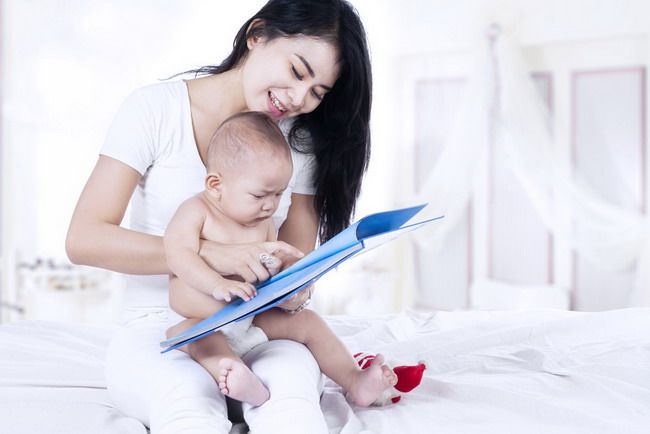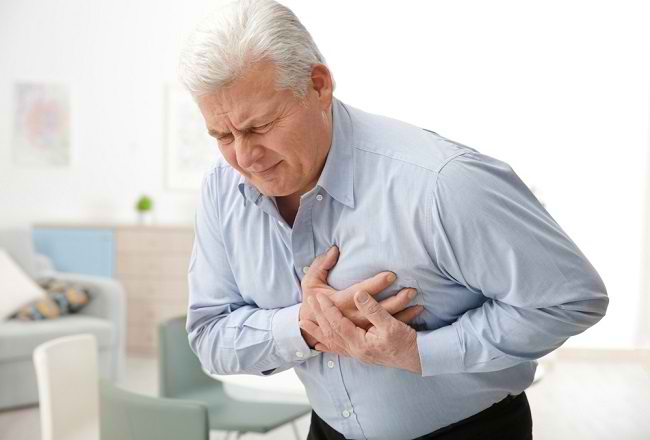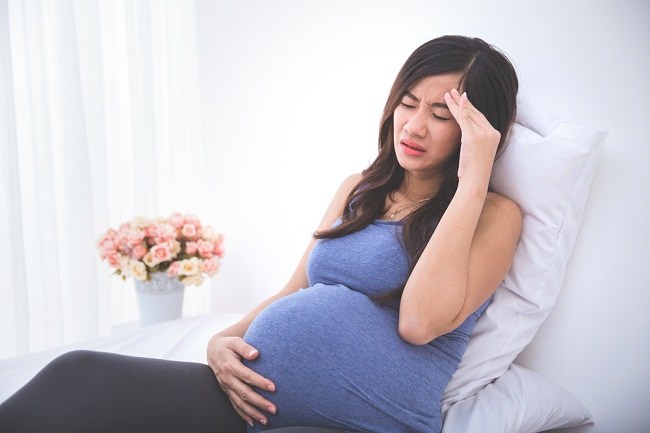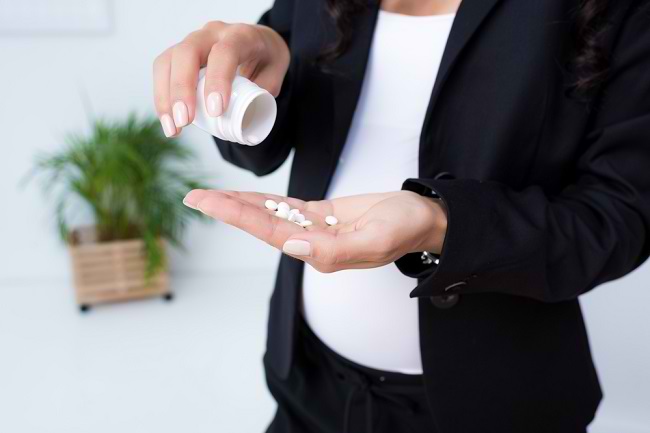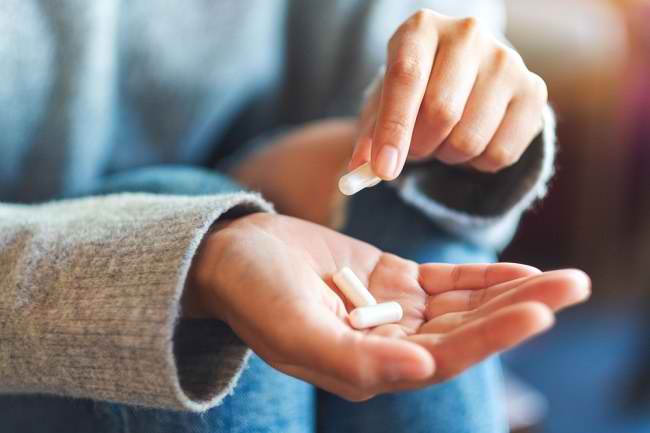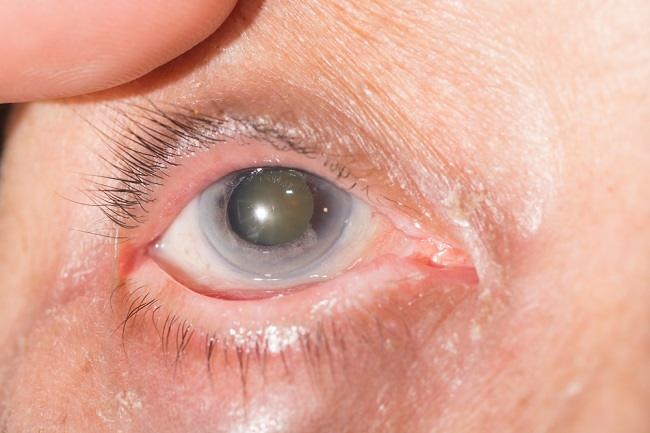One of the efforts to suppress the increasing number of COVID-19 cases is the provision of a COVID-19 vaccine from the government. Although still in the clinical trial stage, the existence of this vaccine is expected to protect the Indonesian people from the pandemic.
Until now, the administration of the COVID-19 vaccine is the most effective solution to reduce the number of cases of infection with the SARS-CoV-2 virus that causes COVID-19 disease.

However, until now, the effectiveness and safety of the COVID-19 vaccine is still being researched in the clinical trial stage by the government and various related institutions. This is a government step in ensuring that the COVID-19 vaccine that will be provided is suitable for use to prevent COVID-19.
However, it should also be remembered that the COVID-19 prevention efforts must of course be accompanied by health protocols, for example by always maintaining physical distance, staying away from crowds or crowded places, wearing masks, and diligently washing hands.
Vaccine and Immunization Terms
Immunization is an effort to form or increase immunity, both adults and children, against a disease. The purpose of immunization is to prevent certain diseases or to avoid the risk of severe symptoms when stricken with a disease.
One form of immunization is by giving vaccines. Vaccines are antigens or foreign objects that are inserted into the body to produce an immune reaction against certain diseases.
Vaccines usually contain microorganisms, such as viruses or bacteria, that are dead or alive but attenuated. Vaccines can also contain parts of microorganisms that can stimulate the immune system to recognize these microorganisms.
When given to a person, the vaccine will cause a specific and active immune system reaction against certain diseases, for example the flu vaccine to prevent flu and the COVID-19 vaccine to prevent infection with the SARS-CoV-2 virus. Usually, vaccines are introduced into the human body by injection.
COVID-19 Vaccine Development
There are various types of COVID-19 vaccines being developed. There are vaccines that use the Corona virus that has been killed or attenuated, there are also vaccines that use genetic engineering technology. One example of this type of vaccine is the mRNA vaccine.
Lately, some people may often hear news related to vaccine development as a solution to overcome the COVID-19 pandemic.
However, some Indonesians may still do not understand and are still wondering about the effectiveness of the vaccine and how the vaccine development process can be used before it can be used.
Like other drugs and vaccines, the development of a COVID-19 vaccine must go through three stages of clinical trials. After fulfilling the three stages of clinical trials and being declared effective and safe to use, the COVID-19 vaccine can only get a distribution permit from the Food and Drug Supervisory Agency (BPOM).
Currently, there is a COVID-19 vaccine that is entering phase III clinical trials in Indonesia. The study of the COVID-19 vaccine involved 1,620 volunteers. If this research goes well, the COVID-19 vaccine is predicted to be widely available and used by the people of Indonesia in 2022.
Controlling the Availability of the COVID-19 Vaccine
The government will continue to strive to monitor and provide guidance, guidance, and facilities to support the development and acceleration of the provision of a COVID-19 vaccine for the community.
The following are some of the steps taken by the government to ensure the development and production of a COVID-19 vaccine can run smoothly:
1. Supervision of vaccine distribution
One of the requirements in the distribution of vaccines is that the company that distributes the vaccine must have a permit as a Pharmaceutical Wholesaler (PBF) issued by the Ministry of Health and obtain a distribution permit issued by BPOM.
There are 2 types of vaccine distribution management, namely vaccine distribution management in PBF and vaccine distribution management in pharmaceutical service facilities.
2. Vaccine quality control
Monitoring the quality and safety of vaccines is not only from the licensing process, but also the control and management of vaccines related to the storage and delivery of vaccines throughout Indonesia.
In order for the quality and benefits to be maintained and effective, the vaccine should ideally be stored in a cold temperature, namely a refrigerator or ice box with a temperature of about 2–8o Celsius or -15–5o Celsius.
The temperature where the vaccine is stored must also be maintained during the storage, delivery, and delivery process, until it is about to be given to the public.
3. Monitoring of drug safety after marketing (pharmacovigilance)
Even though a drug or vaccine has gone through a series of rigorous clinical trial stages, from the production process to quality control along the distribution chain, there is still a risk of side effects that can occur due to the use of any drug or vaccine.
Vaccine side effects can be mild, for example, only a fever or pain at the injection site. However, in some people, the side effects that appear can be quite severe, such as the emergence of anaphylactic reactions.
Therefore, the government has also taken several steps to monitor and evaluate vaccine safety to ensure that the vaccine is suitable for use, including by vulnerable groups, such as pregnant women, children, or people with immune system disorders.
The COVID-19 vaccine is expected to be one of the solutions to stop the COVID-19 pandemic. However, it should also be remembered that it still takes a long time for the COVID-19 vaccine to be widely used by all Indonesians.
If you still have questions about the COVID-19 vaccine, you can consult a doctor. Avoid COVID-19 vaccine issues whose sources are unclear and can lead to wrong opinions in the community. Vaccines protect themselves and the country from the pandemic.

